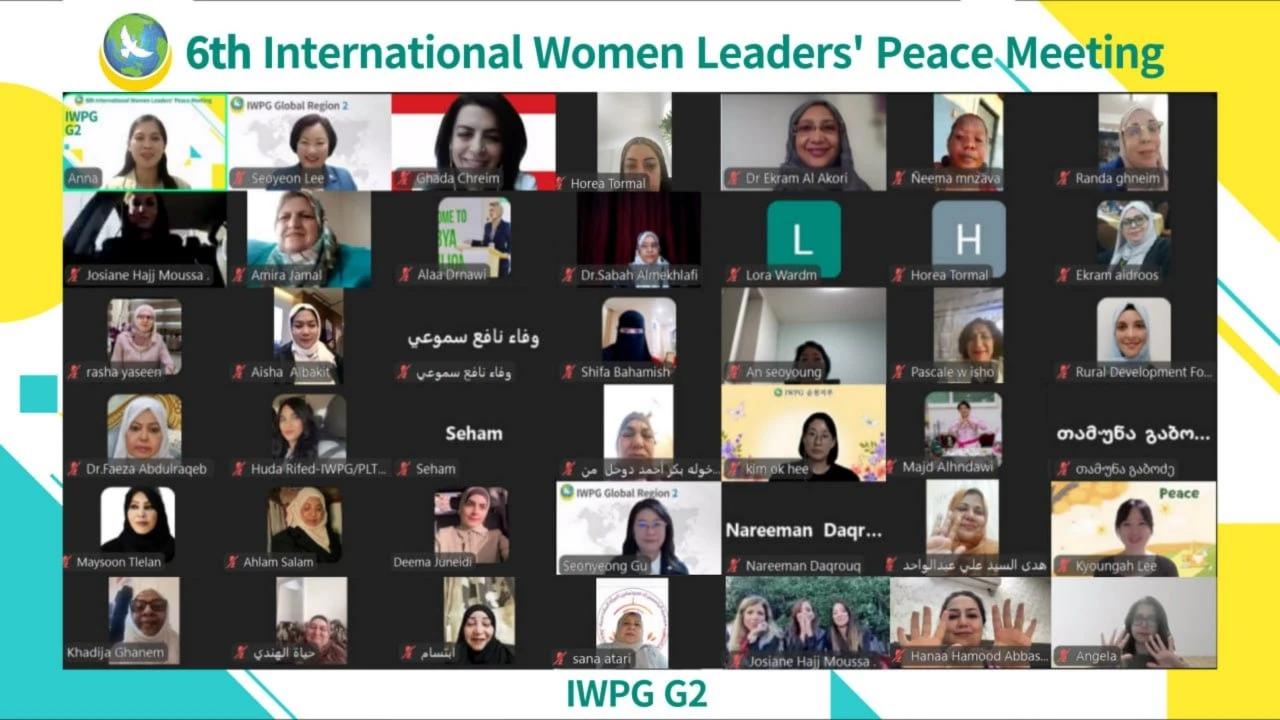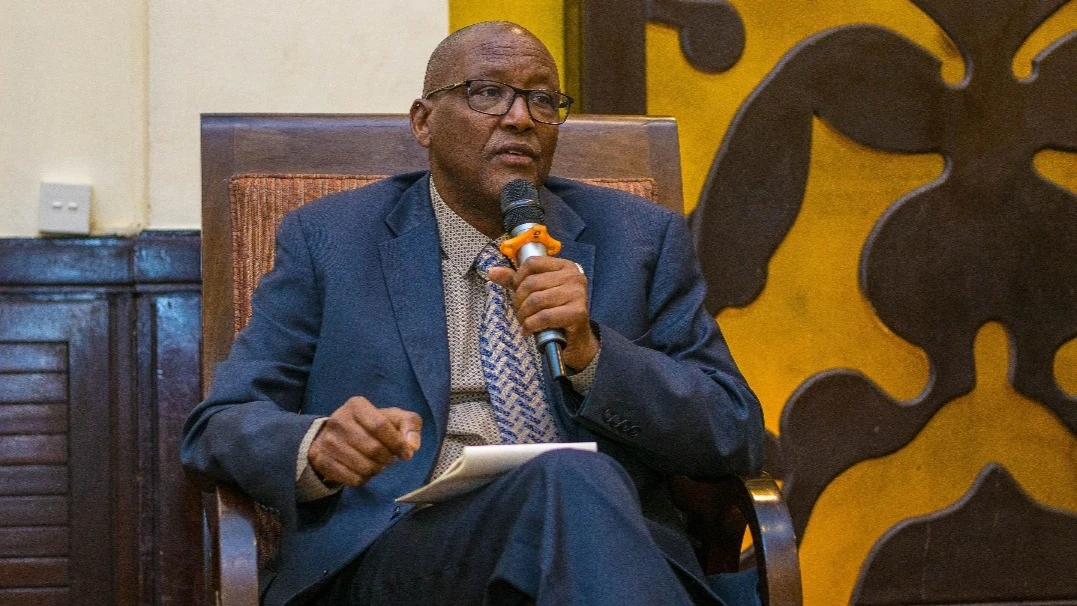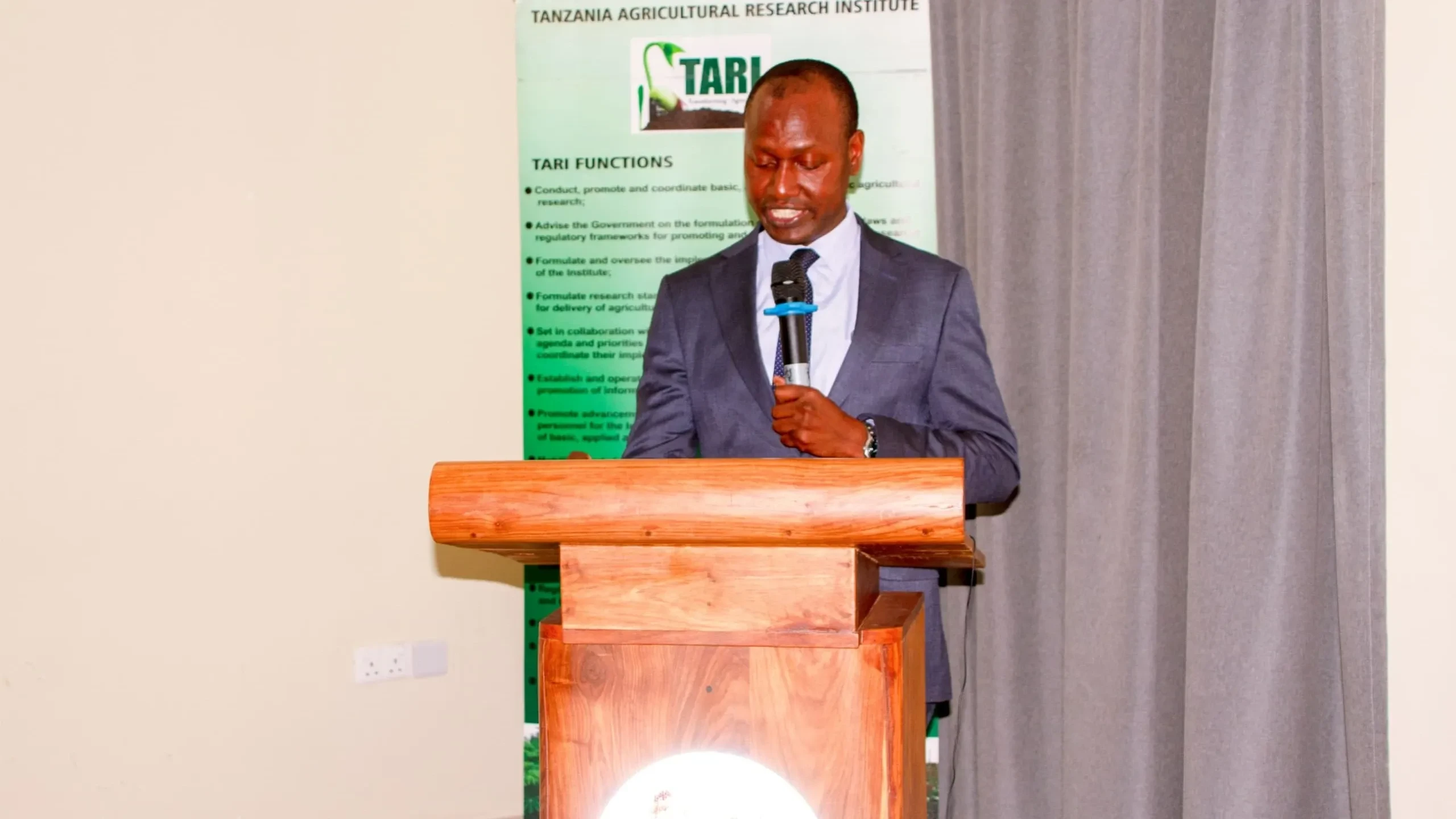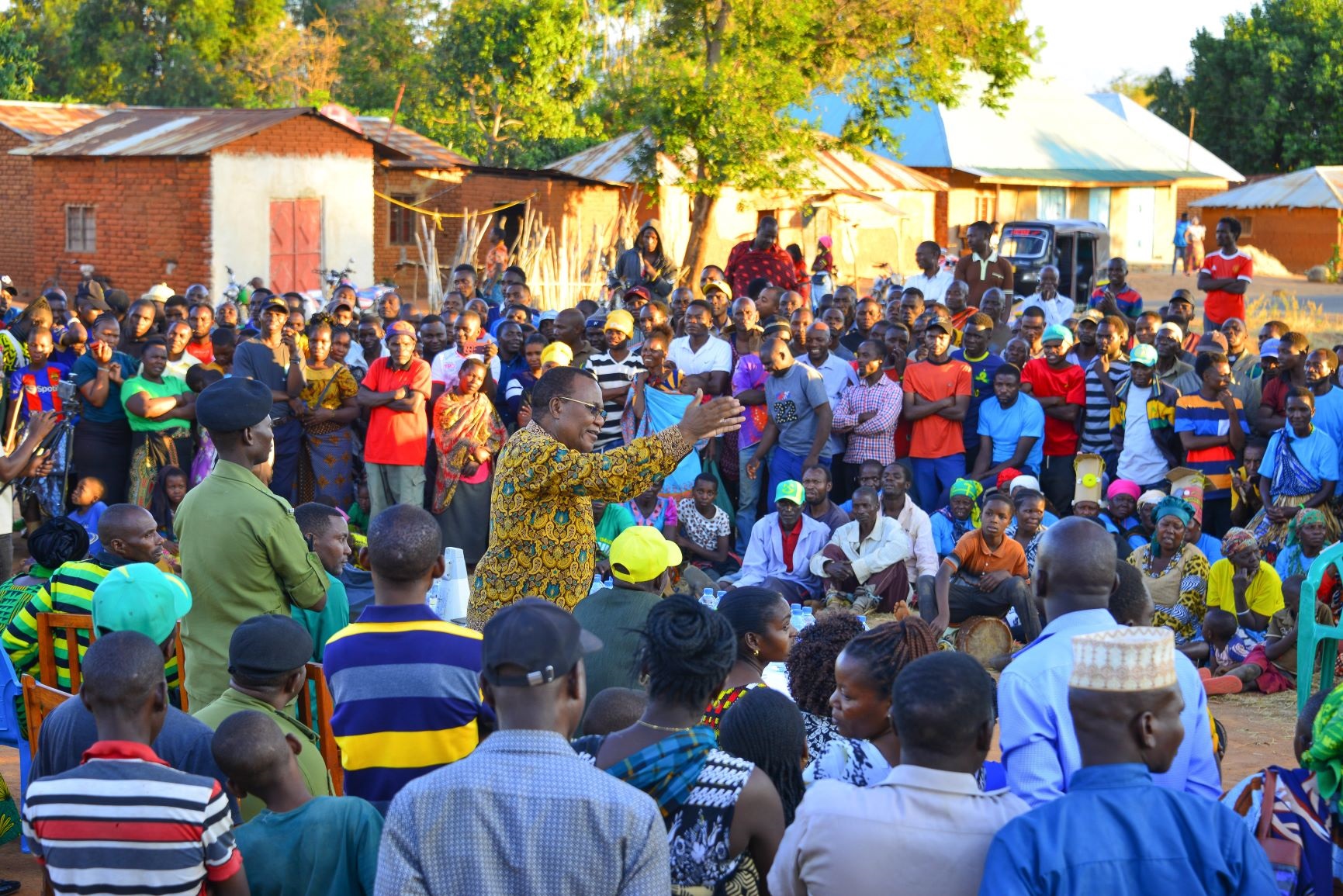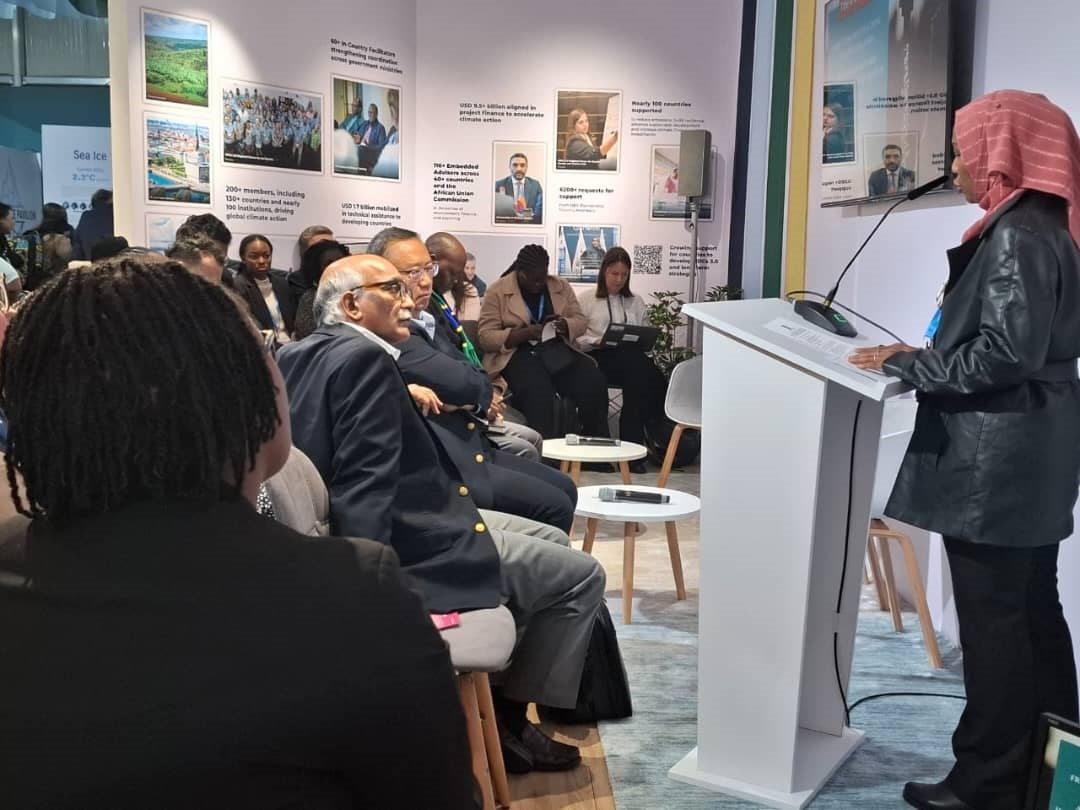Fund spends 450bn/- to finance water projects
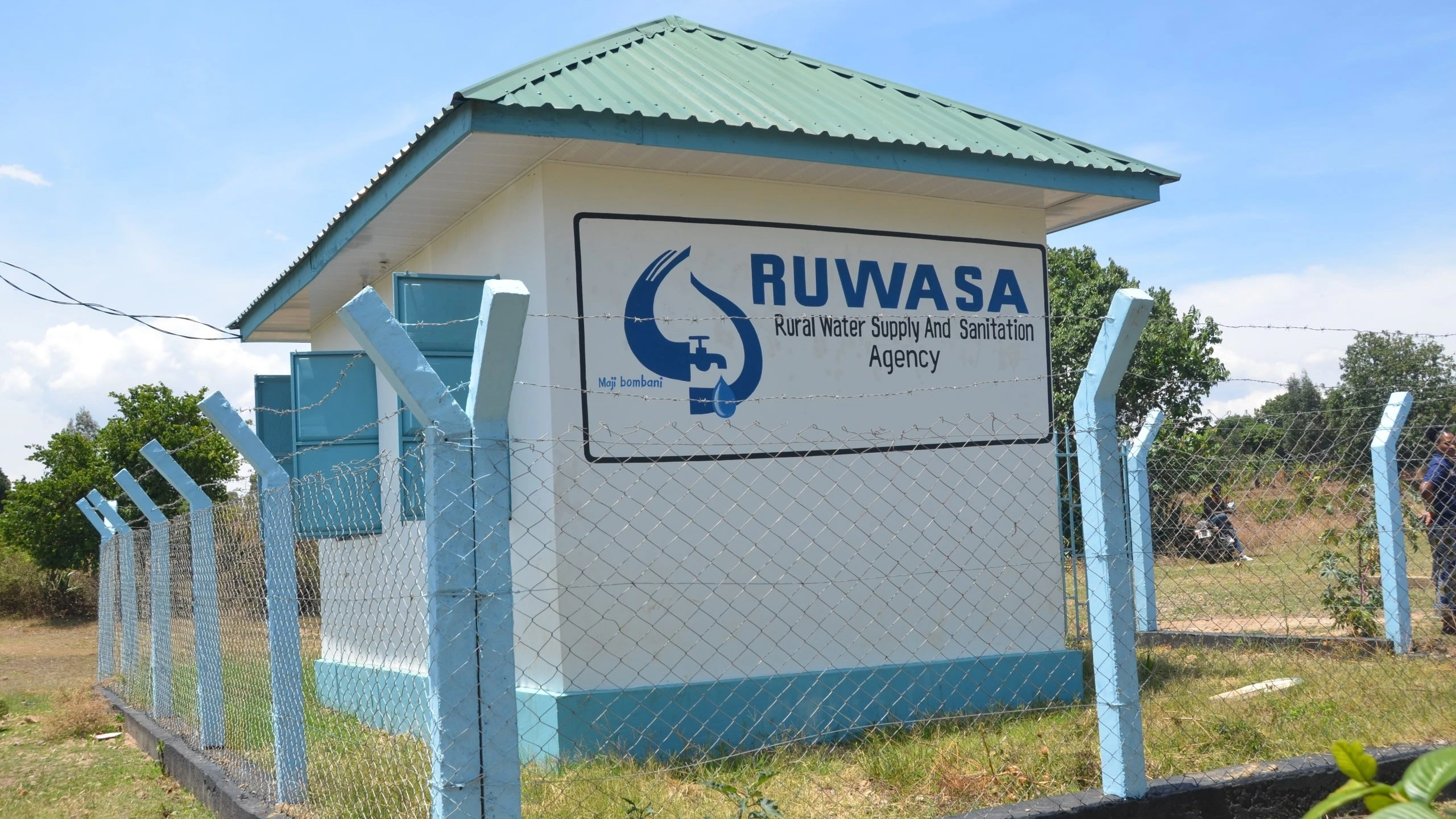
THE National Water Fund (NWF) has since President Samia Suluhu Hassan assumed power initiated 998 water projects of which 354 have been accomplished fetching an estimated 450bn/-.
Haji Nandule, NWF chief executive officer told journalists yesterday in Dar es Salaam that the projects were implemented between July 2021 and June 2024 whereas the remaining 644 water projects are ongoing. The accomplished projects have benefited 5.3 million people so far.
"Until July 2024, a total of 5.3bn/- have been disbursed as loans to water authorities across the country," he said.
According to Nandule, about 104 projects for the conservation and development of water sources have been implemented including the conservation of more than 92 water sources which include aquifers, reservoirs, lakes, ponds, rivers and wells.
Others are the construction of one dam and the rehabilitation of seven dams, the drilling of more than 50 deep wells and the restoration of five rivers that lost their channel of drainage.
"Currently, the core source of revenues for NWF is the fuel levy of 50/- per liter of Petrol and Diesel. This levy is charged in accordance with Finance Act No. 16 of 2015," said Nandule.
He explained that this levy generates revenue for the NWF estimated at 170bn/- per year.
In plans to increase more income, NWF is considering the mobilization of seed capital worth 50bn/- from capital markets and other financiers which will be for the revolving fund.
Speaking about funds expenditure by the Fund, he said that expenditures are decided in accordance with Regulation 4(2) of the National Water Fund Regulations, 2019.
According to those regulations, spending is done in three main parts: the implementation of projects, not less than 88 percent; management, design and monitoring and evaluation of projects not exceeding 10 percent; and the costs of operating the water bag is no more than two percent.
The National Water Fund (NWF) in Tanzania is a government initiative established to ensure sustainable financing for water sector projects, with a primary focus on expanding and improving water supply and sanitation services across the country.
The fund plays a crucial role in addressing Tanzania's water needs, particularly in rural and underserved urban areas, by mobilizing resources and supporting infrastructure development.
He said the Fund has also been executing projects for the maintenance of water resources which include the installation of beacons and warning signs in water sources to prevent human activities in the sources.
Others are the construction of dams and cattle troughs. NWF was established under the Water Supply and Sanitation Act no. 05 of the year 2019.
It is a financial institution with the goal of providing funds for the implementation of clean water distribution projects in areas with shortages and maintenance of water sources in the country.
The establishment of the Fund aims to have a reliable source of funds to implement water projects. NWF commenced operations in 2015/2016 where it currently has 24 employees across the country.
It works in collaboration with TIB bank in receiving and processing loan applications of water authorities for water projects. About 60 percent of NWF loans are directed to Rural Water Supply and Sanitation Agency (RUWASA) at a rate of six percent per year.
Despite its progress, the NWF faces challenges, including funding gaps, climate change impacts on water availability, and maintenance needs for aging infrastructure.
To address these, the NWF is increasingly looking to public-private partnerships (PPPs) and innovative financing models to close funding gaps and support long-term sustainability.
The National Water Fund remains essential for Tanzania’s efforts to improve water access and sanitation, helping to meet the growing demands of a developing population while supporting the country’s broader social and economic development goals.
The accomplished projects have benefited 5.3 million people countrywide
Top Headlines
© 2024 IPPMEDIA.COM. ALL RIGHTS RESERVED











